No one wants to take a drug test. Alas, despite the ever-growing legalization of marijuana and decriminalization of other drugs, many people still face random or pre-employment drug tests. Whether you are a long-time cannabis user, or you just hit a joint at a recent holiday party, you might be wondering how to pass a drug test.
A common home remedy is using apple cider to pass a drug test, but does it work? How much should you drink, and will it speed up detox times? Read on to learn more.
What Is Apple Cider Vinegar?
Apple cider vinegar (ACV) is one of those multi-purpose ingredients that has plenty of uses in cooking, body care, and health and wellness. It’s made by crushing apples and exposing them to yeast. This process kickstarts fermentation and the natural sugar turns into alcohol. Then, added bacteria ferment the alcohol into acetic acid—this acid is the reason why vinegar has such a pungent aroma and sour taste as well as its health benefits.
When the apple cider vinegar is left unfiltered and made with organic ingredients, the batch contains what is known as “the mother”. The mother forms when bacteria and yeast collide and appear like strands floating in the vinegar. It contains enzymes and proteins as well as beneficial bacteria and will settle on the bottom of the bottle. You can gently shake the vinegar to mix the mother back into the rest of the liquid. Unfiltered ACV is murky in appearance, but supposedly contains more healthy attributes than filtered ACV.
Can ACV Help You Detox?
Apple cider vinegar boasts many health benefits. It’s a powerful antibacterial agent and has been used to clean wounds and treat infections for thousands of years. The acetic acid disinfects, and can even kill lice and help prevent acne.
In food products, ACV acts as a preservative and inhibits the growth of harmful bacteria, like E. coli. It’s a popular ingredient in pickles, salad dressings, and soups for this reason. When ingested, ACV does provide a myriad of benefits. One small study suggests that drinking apple cider vinegar lowers blood sugar after meals, meaning that ACV might help with type 2 diabetes. However, this study was only performed on rats and more information is needed to determine if human studies will produce the same results.
The beneficial bacteria in ACV support gut health much like a probiotic, and gut health is a huge part of detoxification. When the digestive system is sluggish, waste cannot be fully eliminated from the bowels, leading to a build-up of intestinal sludge full of toxins. While ACV may help support healthy digestion that leads to efficient elimination, there is no proof that ACV itself is the cause of full system detoxification. Rather, it supports overall health as the body works to detoxify itself on a daily basis.
Does ACV Help Flush Out Weed for a Drug Test?
In addition to helping the gut, apple cider vinegar is anecdotally believed to curb appetite and burn fat. Since THC metabolites are stored in the body’s fat cells, burning fat more rapidly is a chief goal leading up to a drug test. When the body begins to burn fat, either from exercise, fasting or by performing normal activities, THC metabolites meet with glucuronic acid that is then released into the bloodstream and eventually excreted via urine.
During an apple cider vinegar detox, it’s recommended that you drink one to two tablespoons of unfiltered ACV mixed into eight ounces of water. You can add a little honey to sweeten the sour drink if you prefer. Drink this concoction three times per day, and consider adding lemon juice or cayenne pepper if you like. Never drink ACV straight, as the acidity can harm tooth enamel or cause an upset stomach.
If ACV does in fact help burn fat, and you are drinking extra water during the ACV detox, you are probably helping your body with a THC detox. However, there is no scientific evidence supporting this claim, despite the belief that the acidic environment helps excrete THC metabolites in less time than normal.
ACV for Hair Drug Test
Most standard drug tests are performed via urinalysis, which can detect THC up to 30 days after last use. Other methods include saliva, blood, and hair follicle testing. The most difficult test to beat is the hair follicle test, which can test for metabolites up to 90 days after last use.
This is because your hair follicles contain fat cells that absorb drug metabolites and hold onto them for a long time. These remnants embed themselves into the roots and shafts of hair, and even the tips may still contain THC if you recently consumed any marijuana.
ACV is often used as a natural hair conditioner and is also believed to strip the hair of any chemical remnants. However, this is not true, because the metabolites live inside the root and shaft, and not on the scalp or outside of the hair.
Recommendations
In short, using only apple cider vinegar to detox before your test is not a good idea. You will likely fail if this is the only method you’ve attempted.
In addition to stopping the use of all THC products, be sure to drink extra water and increase normal exercise. Get plenty of rest and eat a diet rich in fresh fruits and vegetables. Unless you have plenty of time to naturally detox before a drug test, your best option is to purchase detox kits, detox drinks, or detox shampoo to help you cleanse your system quickly. Don’t put yourself at risk when there are reliable options for passing a drug test.
Need a little more Bluntness in your life? Sign Up for our newsletter to stay in the loop.
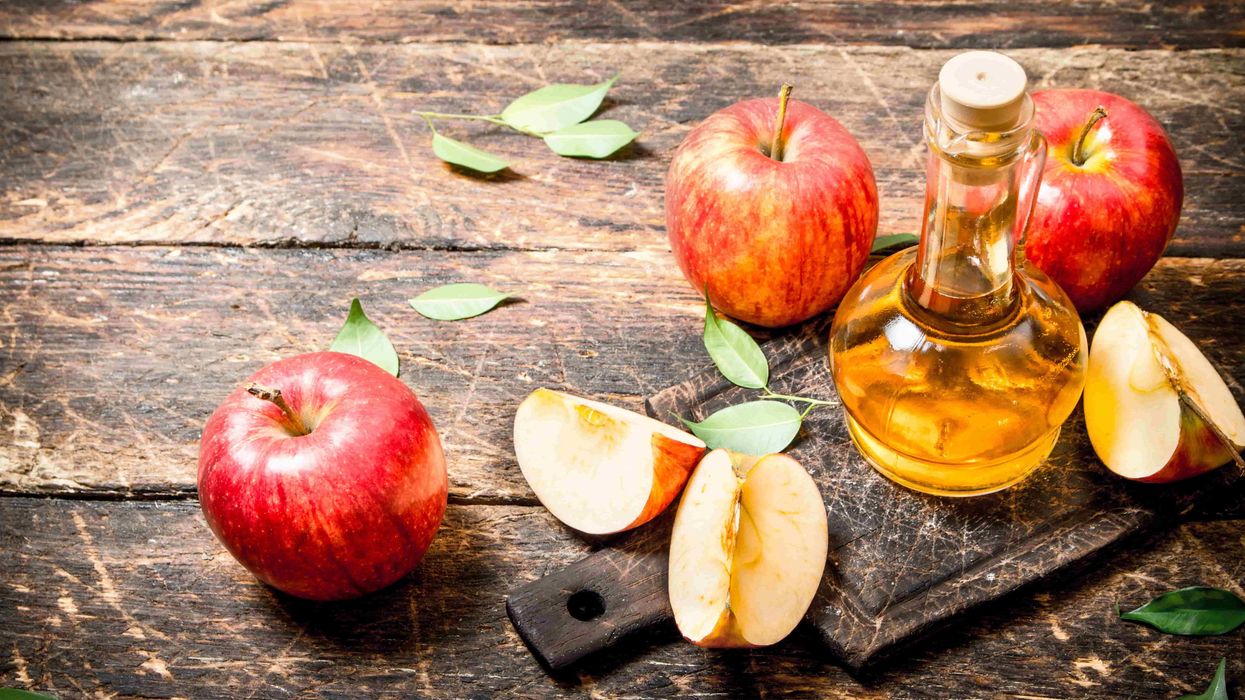

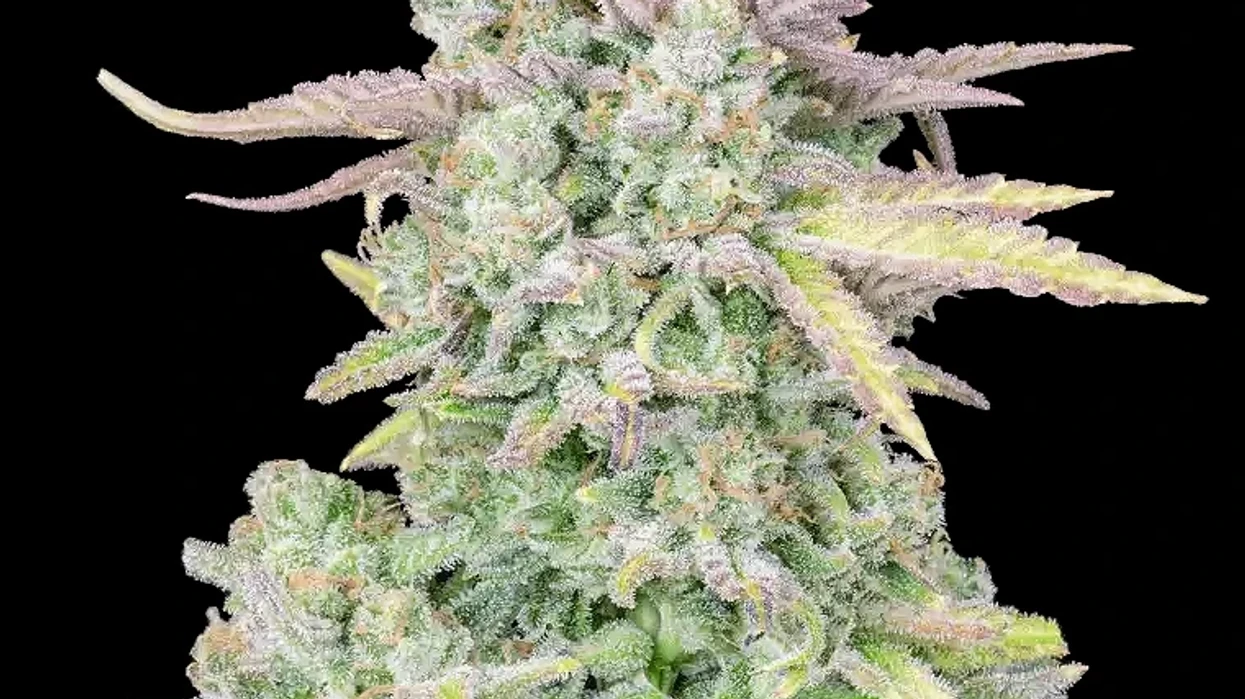

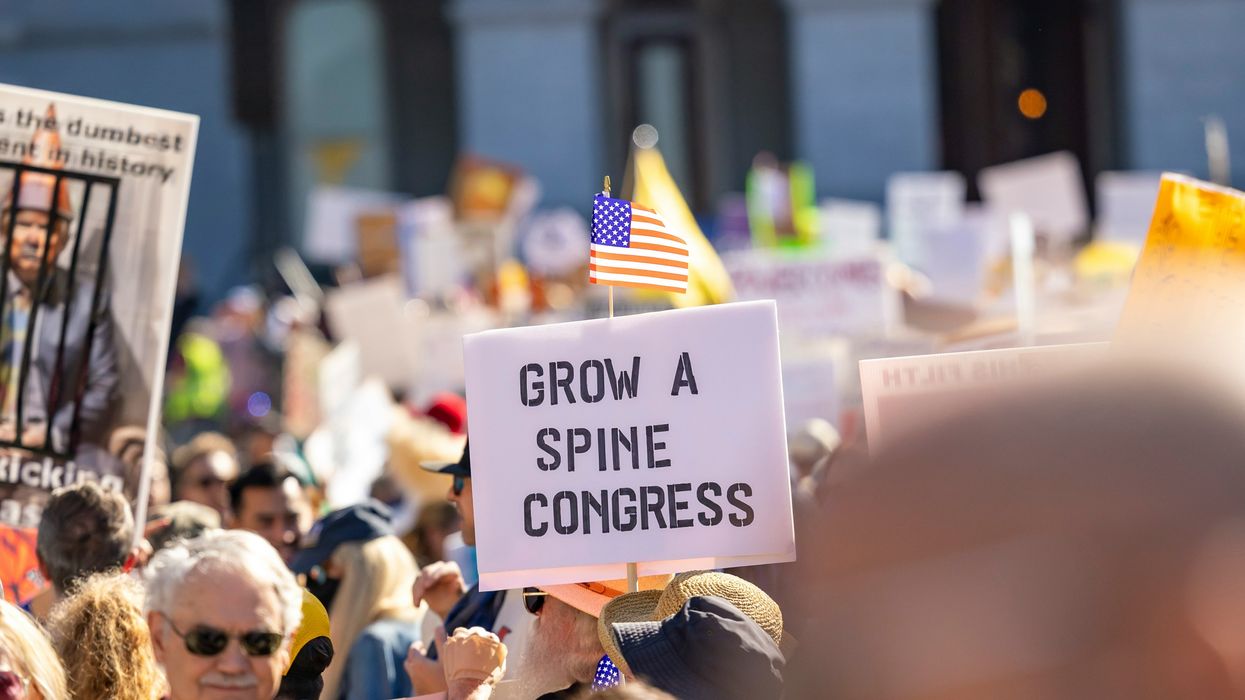
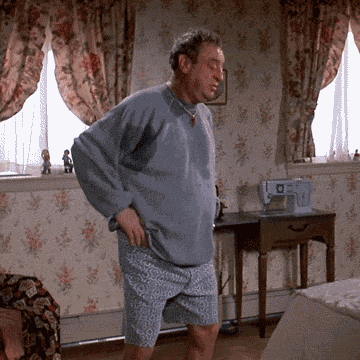

 The Truth About THC Candle: Cannabis Candles & How to Make Your Own - The Bluntness
Photo by
The Truth About THC Candle: Cannabis Candles & How to Make Your Own - The Bluntness
Photo by 



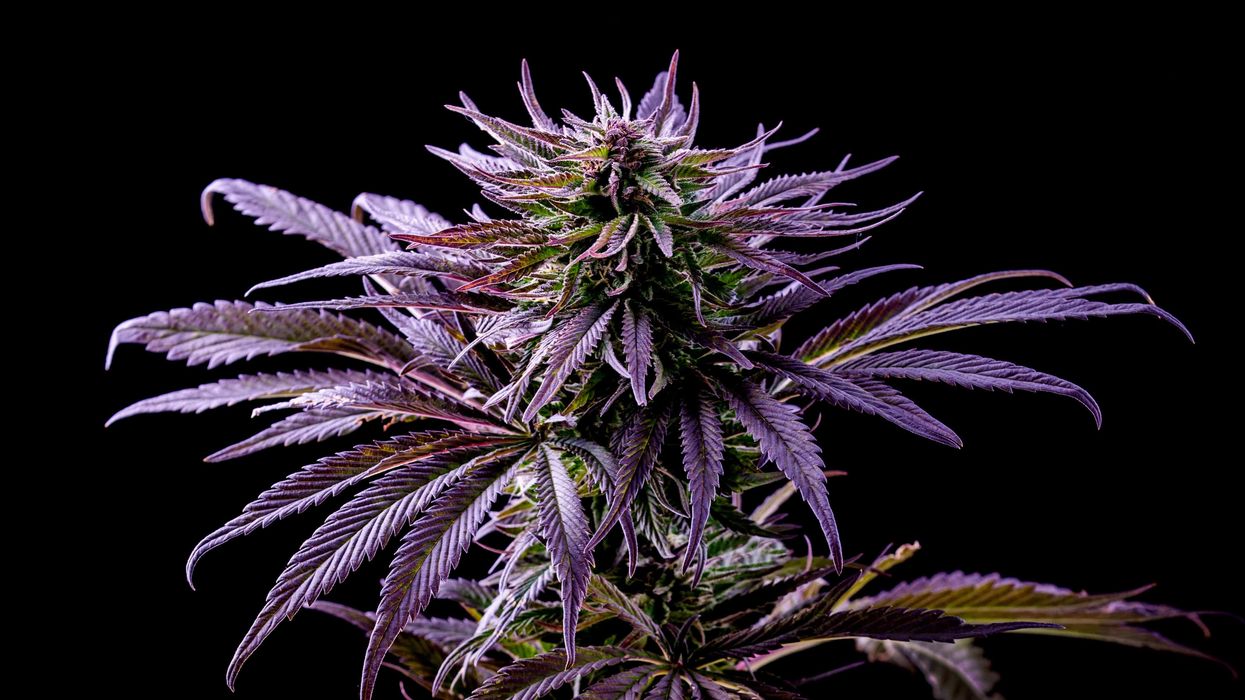


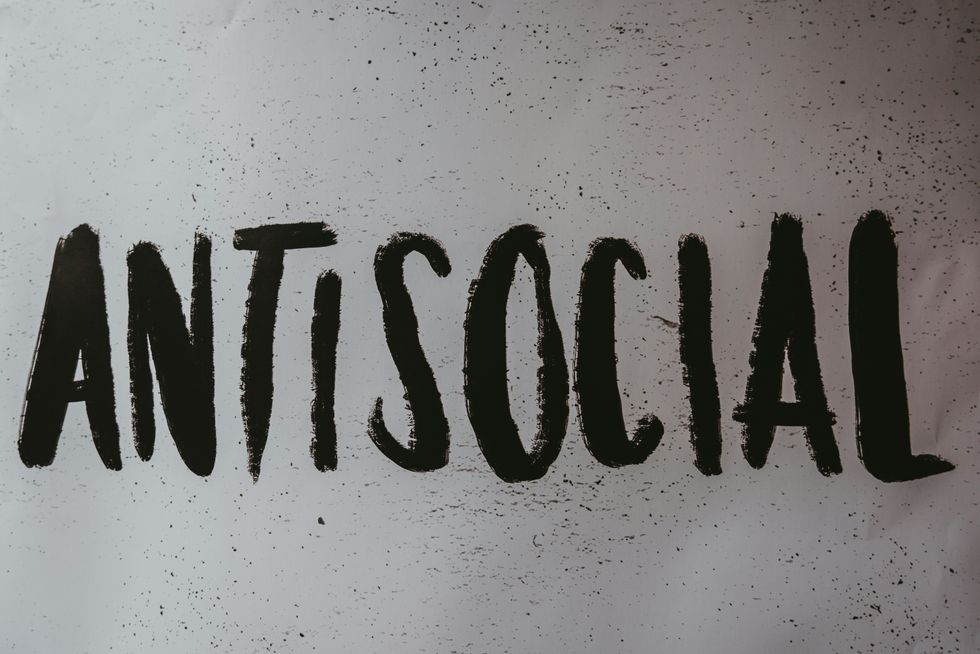 Recognizing the Signs of Antisocial Behaviors - The Bluntness
Photo by
Recognizing the Signs of Antisocial Behaviors - The Bluntness
Photo by  Weed Makes Me Antisocial: What To Do - The Bluntness
Photo by
Weed Makes Me Antisocial: What To Do - The Bluntness
Photo by 
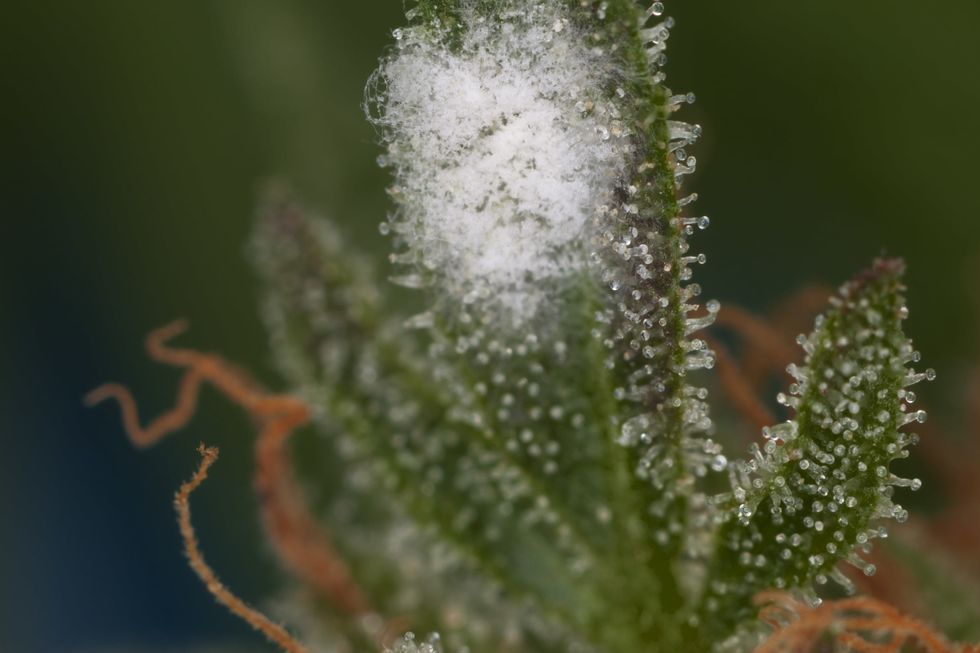 A good picture showing white mold next to cannabis trichomes.
A good picture showing white mold next to cannabis trichomes.
 What will you do with that cannabis kief collection? - Make Coffee! The Bluntness
What will you do with that cannabis kief collection? - Make Coffee! The Bluntness DIY: How to Make Kief Coffee - The Bluntness
Photo by
DIY: How to Make Kief Coffee - The Bluntness
Photo by 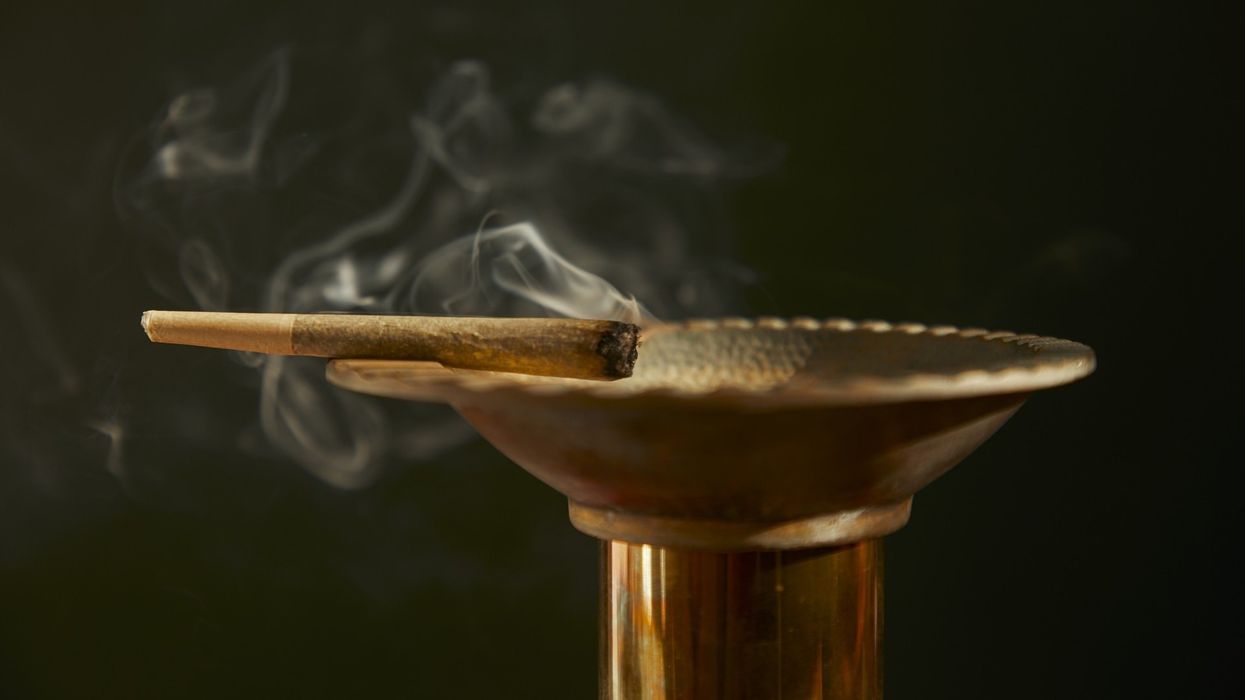
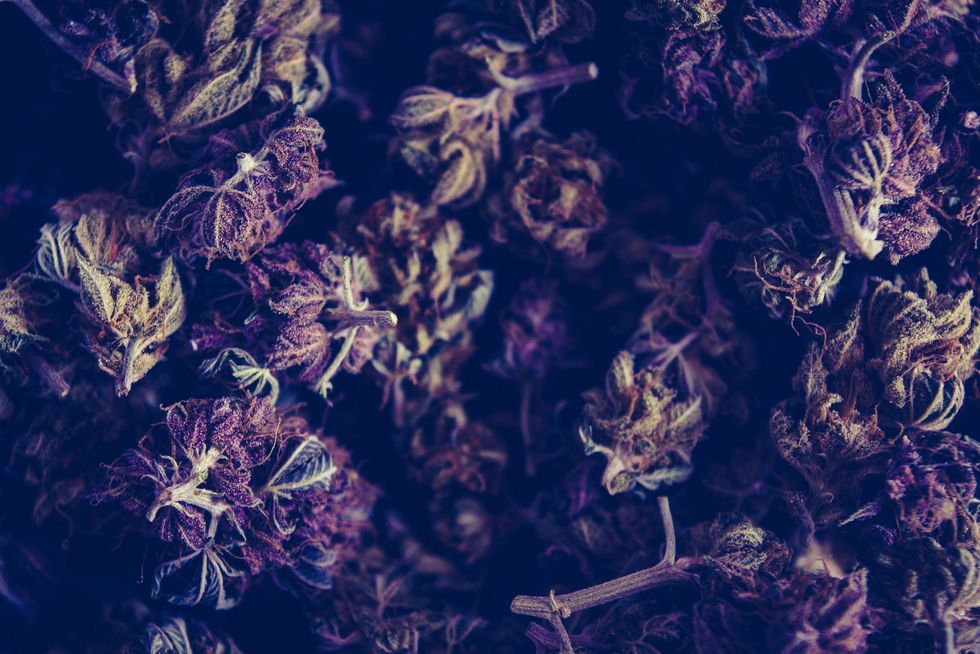 What is reggie weed? - The Bluntness
Photo by
What is reggie weed? - The Bluntness
Photo by